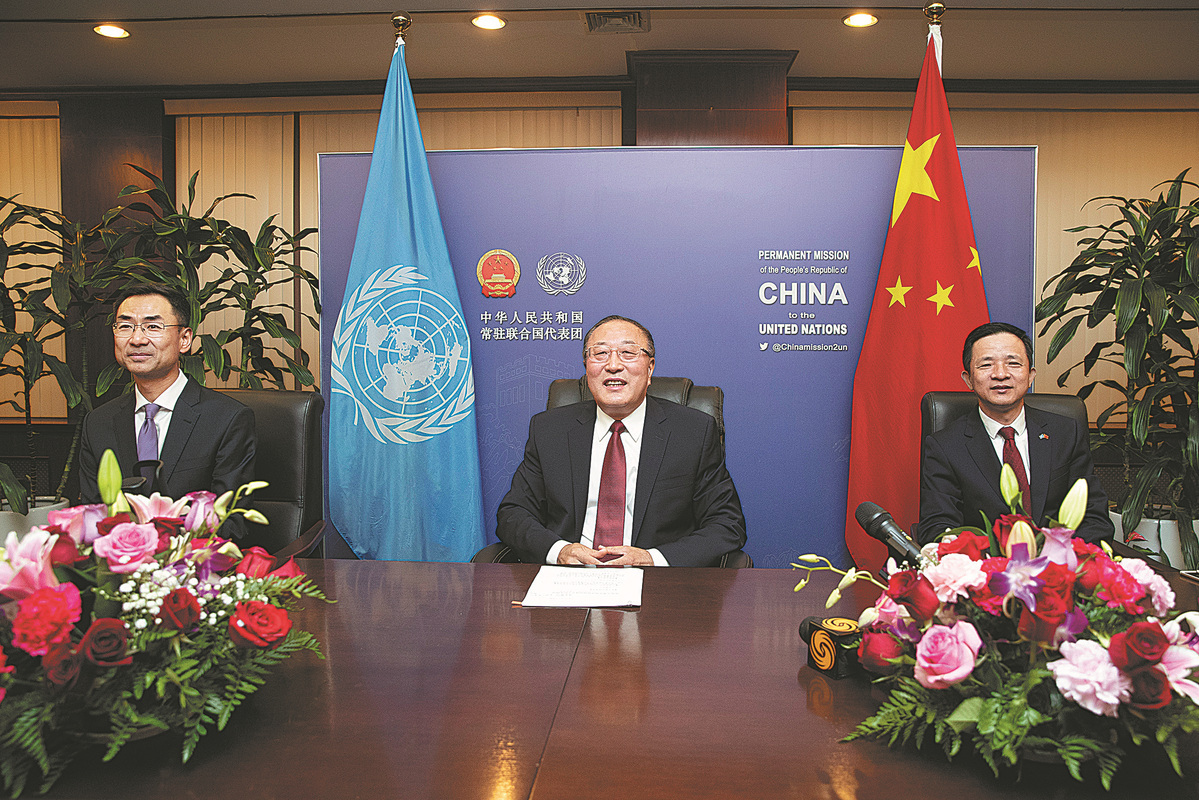Nation's voice at UN heard loud and clear

Changes made

In 1970, overseas Chinese students across the United States launched the "defend Diaoyu Islands movement" in response to Washington "returning" the administrative rights to these islands in the East China Sea to Japan. The movement triggered massive demonstrations and widespread debate on sovereignty issues.
In September 1971, when the UN General Assembly was due to discuss China's representation, Chinese students staged demonstrations near the organization's headquarters.
They waved Chinese national flags and giant images of late chairman Mao Zedong, chanting slogans such as "Down with Chiang Kai-shek" and "Restore the legitimate seat of the People's Republic of China in the UN."
One of the students was Hua Junxiong from Taiwan, who was studying at the University of Pittsburgh and who joined the UN in 1973 to work as a translator.
Hua recalled his excitement on hearing the UN had adopted Resolution 2758, restoring all rights to the People's Republic of China at the organization.
"I went to buy pizza and beer to celebrate the great breakthrough in China's diplomacy, and felt honored that I had made a small contribution to it," he said.
After repeated appeals, in 1973, the UN General Assembly included Chinese as a working language, and the following year, the Security Council followed suit. After this, more UN offices and staff members worked with the Chinese language.
Hua, who retired from the Chinese translation service in 2001, initially translated documents on issues such as human rights. He was later responsible for translating documents and reports of UN Security Council meetings.
He said that in the 1970s, there was a shortage of language professionals in China. To meet the demand for such workers at the UN, many like himself who took part in the Diaoyu Islands movement were recruited by the international organization.


















